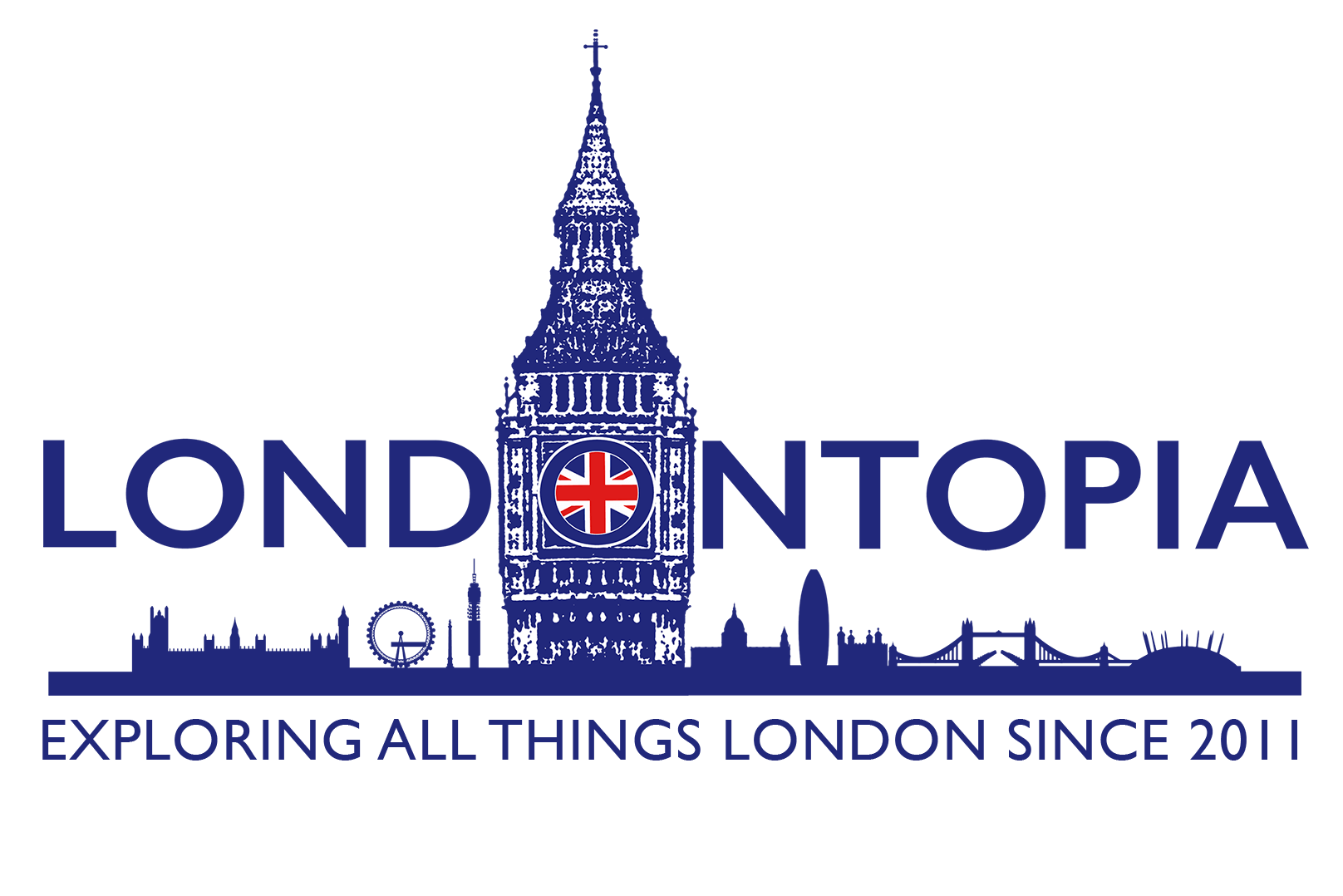Online dating has a present role in how people meet in the United Kingdom. As of March 2025, one in ten women and a similar share of men in the UK made use of online dating services. In the previous twelve months, six percent of both women and men reported using these services. For trans women, usage was higher, with nearly a third stating they had used dating apps or websites that year.
Though these numbers appear stable, they do not suggest universal enthusiasm. Most people in the UK still do not use online dating services. For many, making connections through mutual friends, at social events, or in public spaces remains common.
Fewer Young People on the Big Dating Apps
Patterns are changing, especially for younger people. According to Ofcom, the top ten dating apps in the UK saw a decrease in active users. Tinder lost about 594,000 users, Hinge was down 131,000, Bumble dropped 368,000, and Grindr lost 11,000 users. This data indicates that younger people might be trying new ways to meet each other that do not involve the most well-known apps.
Match Group Inc stated that younger users want “a lower pressure, more authentic way to find connections.” This trend points to less emphasis on strict timelines or detailed lists of rules and more interest in meeting others more casually.
Personal Preferences and Unconventional Choices
People in the United Kingdom now choose from many relationship styles. Some look for long-term commitment, while others prefer short-term dating, open relationships, or even keeping things casual. There are also those who might try new trends like finding partners through apps, attending speed dating events, or seeking companionship in less traditional ways.
Relationship goals and choices often depend on lifestyle needs or personal interests. For instance, someone might want to find a sugar daddy in the UK, while others may explore polyamory, friendships that feel romantic, or even solo dating as a way of spending time with themselves. The range of options reflects how dating has become more tailored to each person’s comfort and preference.
Romance Scams in Online Dating
The use of online services has brought new challenges. Reports of romance scams increased by twenty percent year-over-year in the first quarter of 2025. Barclays, a large bank in the UK, linked this trend to more people seeking partners with the help of apps and online platforms. Twelve percent of adults reported that either they or someone they know had been targeted by a romance scam. These cases often involve requests for money or sensitive information disguised as affection and care.
This increase in unwanted activity has led to greater concern for online safety. People are being urged to check profiles, meet in public places for the first time, and avoid sending money or private details to people they have not met in person.
Activities: From Formal to Relaxed
Dating in the UK has moved away from traditional scripts. The search for authentic connections is often tied to less structured meetups and more casual plans. People now meet for coffee, go for walks, or try new activities together, instead of focusing only on classic dinner dates.
There is no recent formal study tracking every type of date, but accounts from people using dating services suggest an interest in meeting without pressure. These relaxed settings seem to suit those who want to be themselves without feeling the need to impress.
Priorities: From Status to Shared Interests
People now pay more attention to shared interests and personality fit. With more options and less rigid expectations, partners value time spent together in practical ways. While some daters care about career or political views, the largest trend is toward natural conversations and honest signals.
Those who use dating services are not always searching for the same type of outcome. Online platforms are used both by people starting new relationships and by some who are already in a relationship or married. One credible survey found that fifty-one percent of online daters in the UK are already with a partner, with eleven percent being married.
Who Uses Dating Apps? A Closer Look
Not everyone using apps is single. This fact can be surprising if you assume dating apps are for people seeking marriage or exclusive long-term partners.
Some people use apps to make friends, while others want relationships that fit their particular stage of life. For some, this includes open relationships or looking for someone to spend time with beyond what their current relationship allows. Others are curious or seek short-term connection, friendship, or companionship rather than formal dating.
Discussion About Safety Is Up
Awareness around scams and fake profiles is higher now. A notable share of adults in the UK say they have been personally affected by scams or know someone who has. This brings up questions about trust, privacy, and the kind of protections that online services can provide.
There are more public warnings and resources available on how to meet safely. Users are advised to pay attention to red flags and contact dating platforms or the police if they feel at risk.
Conclusion
Dating in the United Kingdom now has more options and fewer unwritten rules. Tech platforms are common, but not used by everyone, and younger people are beginning to leave the largest apps for different ways to meet. New ways of forming connections and rising risks, like romance scams, both shape the present dating scene. Meeting for low-pressure dates and focusing on personality fit are common, and some people use dating services for reasons other than finding a long-term partner.
A Little Bit of London In Your Inbox Weekly. Sign-up for our free weekly London newsletter. Sent every Friday with the latest news from London!


